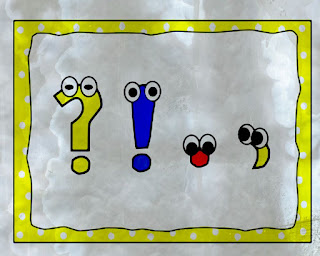Writing Workshop Minilesson: The Principles of Good Writing

Good writing should improve the experience of the reader. Good writing is knowledgeable and intelligent. Good writing informs the reader or explains something to the reader. Good writing tells a story or shares an experience. Writers create good writing using different styles and techniques. Although authors' styles are different, there are some qualities that all good writing shares. Good writing is clear and gets to the point. Good writing has voice and personality. Good writing includes the writer's personal experiences. Good writing contains vivid imagery. Good writing uses proper grammar. Good writing provides practical and accurate information. Before you begin writing, you must decide who your audience is. Ask yourself these three questions: What do my readers need to know? What do I want my readers to understand? What experience do I want my writing to give to the reader? Good writing should be fresh. You want your writing to be original, out o...


